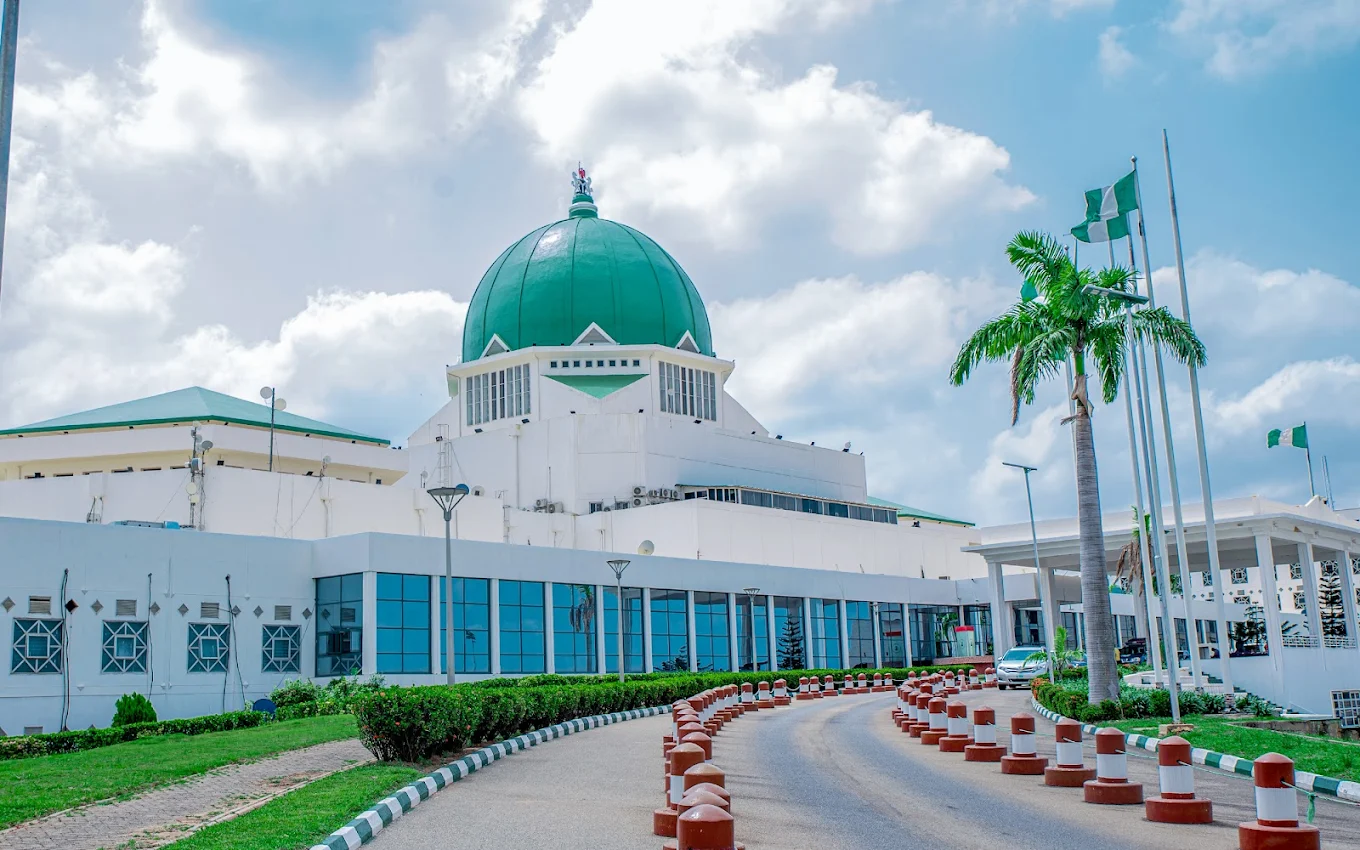 NIGERIANS are full of praises for the nation’s army which has recorded a number of frontline victories against the insurgent group Boko Haram. The war, certainly, is far from over.
NIGERIANS are full of praises for the nation’s army which has recorded a number of frontline victories against the insurgent group Boko Haram. The war, certainly, is far from over.
Just as the soldiers have made some gains in the war against terror, it appears the insurgents are on the rebound, launching renewed attacks on towns and military formations in addition to suicide bombing attacks on clusters of innocent citizens in the north-east. Hence the need for better equipment, greater determination and improved strategy.
However, a downside of the operations came into focus the other day when President Muhammadu Buhari, shortly before taking his seat, while restating his three-point agenda, namely, the promotion of fiscal discipline, employment and tackling of insecurity in the country, took umbrage at the way the war against insurgents has been waged. He was quoted to have said:
‘I don’t know how many of you know this. I got to know about this a few days ago that the recent gains in the north-east was because South African mercenaries were used.’ But have mercenaries been used?
It was obvious that the increased supply of military hardware to the army and improvement on the soldiers’ welfare by the immediate past administration boosted the morale of the nation’s armed forces.
Of course, there were allegations of engagement of private military companies, often referred to as mercenaries or soldiers of fortune, as being part of the successes recorded. The past government, of course, denied that it engaged the services of such mercenaries.
But President Muhammadu Buhari has re-asserted the issues and expressed embarrassment over the fact that the gains so far recorded were due to the input of these private military companies (PMCs) as acknowledged above.
Coming from a former General of the Nigerian Army and a man who has just assumed the mantle of leadership of the country, the matter must be properly contextualised and put to rest. In office now, Buhari must have full information on the matter and he is expected to act in the best interest of Nigeria.
Certainly, the appraisal of the performance of the men and women of the armed forces require some sobriety. They have done well under the circumstances and the new President, a retired General, knows what to do to improve on their gains so far.
Of course, it is becoming the trend in contemporary world to engage these private military contractors by many countries. However, countries do so for a number of reasons. One is the desire to protect their citizens or soldiers from directly getting in harm’s way and to avoid arousing the sensitivity of their citizens, particularly to presumably illegitimate war adventures without home-based support.
A third reason is that countries without combat capability may also employ mercenaries to cover up these deficiencies. Which brings the question: if the facts are established that the so-called mercenaries have been used, is this incapability of the nation’s soldiers the cause at this material time?
The Nigerian armed forces certainly have the capacity to protect the country from the current security threat or siege from Boko Haram given the necessary training and equipment to fulfil the task. Nonetheless, with the widespread corruption in the system today, contracting private military contractors comes with its own danger and should not be encouraged. In fact, it often gives room for corruption by their handlers.
The well-known fact about soldiers of fortune acknowledged by the political philosopher, Niccolo Machiavelli, is that you cannot vouch for their loyalty to the cause for which they have been contracted. As soldiers of fortune, their interest inheres in prolonging the conflict. This was the case in the Sierra-Leonean and Liberian civil wars. As conflict entrepreneurs, they often exacerbate the wars.
Whereas contracting of private military contractors, even at the best of times, may have its own value, it automatically points to obvious deficit in a nation’s armed forces.
In Nigeria’s case, no matter the nature of the problems with an army rated as the 10th in contributing to United Nations peace-keeping operations and which has won peace for the West African and other African sub-regions, Nigerian soldiers are a source of pride but must be re-jigged by the in-coming administration for greater efficiency.
If things were wrong in the past, this is the time to correct them. Nigeria needs to equip and motivate her men and women in uniform. For today and for the future.






